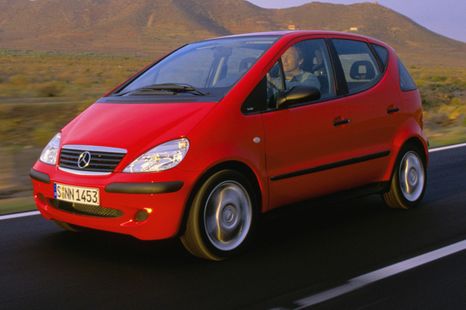

Derek Fung
Next Mercedes-Benz A-Class to channel some of the spirit of the original - report
1 Hour Ago

Senior Contributor
Suzuki Australia has found a proactive way of securing desperately-needed supply of vehicles amidst the worldwide semiconductor shortage: importing cars without head units and fitting newer-design ones here at distribution yards before they get to dealers.
It will continue to do so until at least December 2022, meaning the local touchscreen fitment program will incorporate tens of thousands of cars before it finishes.
Suzuki Australia management pitched the idea to its global parent, after learning that Suzuki’s Asian and European plants were slowing production in some part due to a lack of the familiar Bosch-supplied sat-nav head units in its supply chain.
Simply put, securing OEM-standard head units, somehow, would give it access to more vehicles.
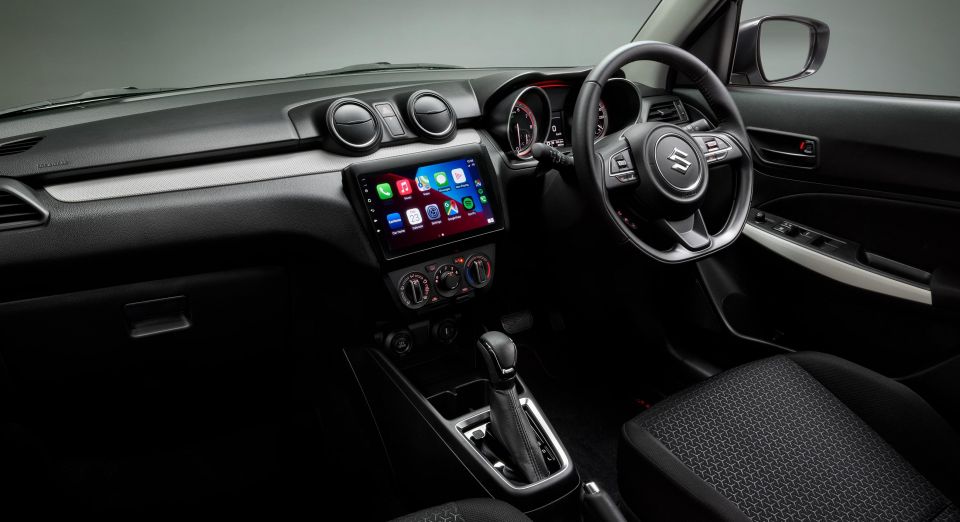
Some developing nations simply switched to older-style CD units to get around this headache, but in markets like Australia such a solution clearly wouldn’t cut the mustard.
Staring down the barrel of a few thousand lost sales at least, the company pivoted.
After securing the green light from its Japanese parent to cut the right deal, Suzuki’s local management hashed it out with Australian consumer electronics distributor, developer and OEM supplier Directed – which works with the likes of Fuso Trucks and Sony.
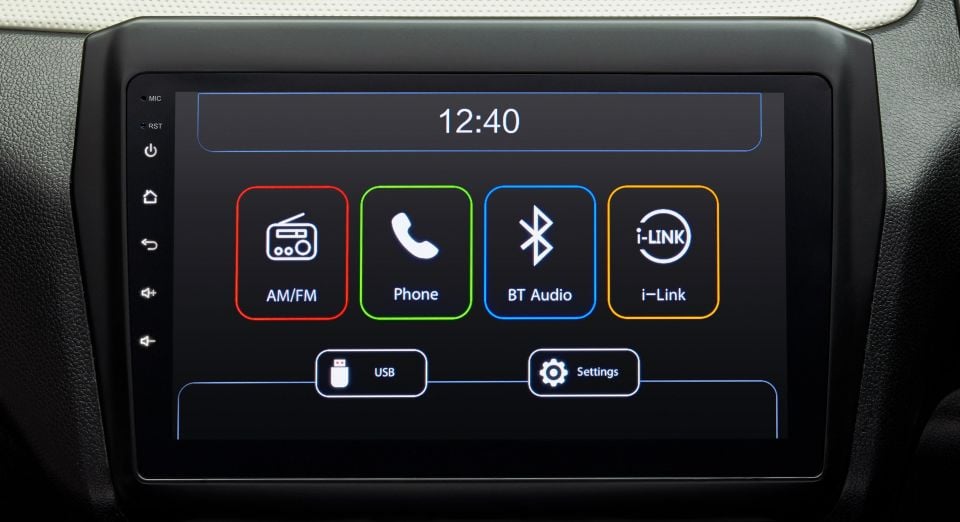
Now rather than the familiar 7.0-inch touchscreen, most Suzuki models labelled MY22 (notable exceptions the Jimny Lite and Swift Sport) will get a China-sourced and specifically-developed 9.0-inch unit with better processing and responses.
While it loses the 7.0-inch screen’s sat-nav software, it retains Apple CarPlay and Android Auto, and also plugs straight into all the wiring for the reversing cameras.
Suzuki’s local arm has kept the costs controlled and will therefore pass no additional charge onto local buyers, it claims, nor will it need to subsidise its dealers to make up any difference.
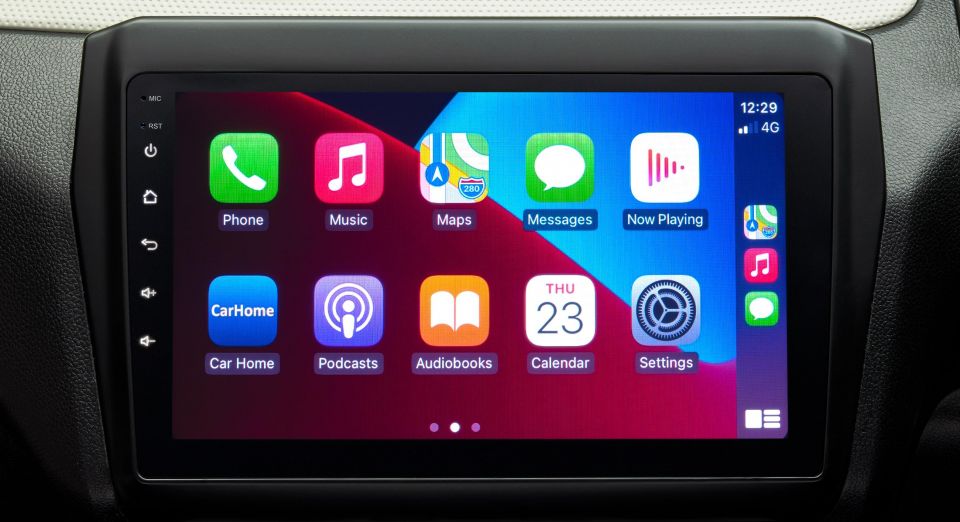
Suzuki Australia general manager Michael Pachota, who drove the deal, said the program dates to April this year, when global HQ reported the supply issues were worsening – accelerated by a semiconductor plant fire on top of rampant demand from consumer electronics makers.
By late May, Mr Pachota and Directed began talking about a solution – at first a small deal for about 500 cars, which has become a much bigger project. By giving the local supplier a longer deal, the company probably secured better pricing by leveraging economies of scale.
“We didn’t want to just say we were fitting a product to fill a gap between certain production ranges,” Mr Pachota told CarExpert this week.
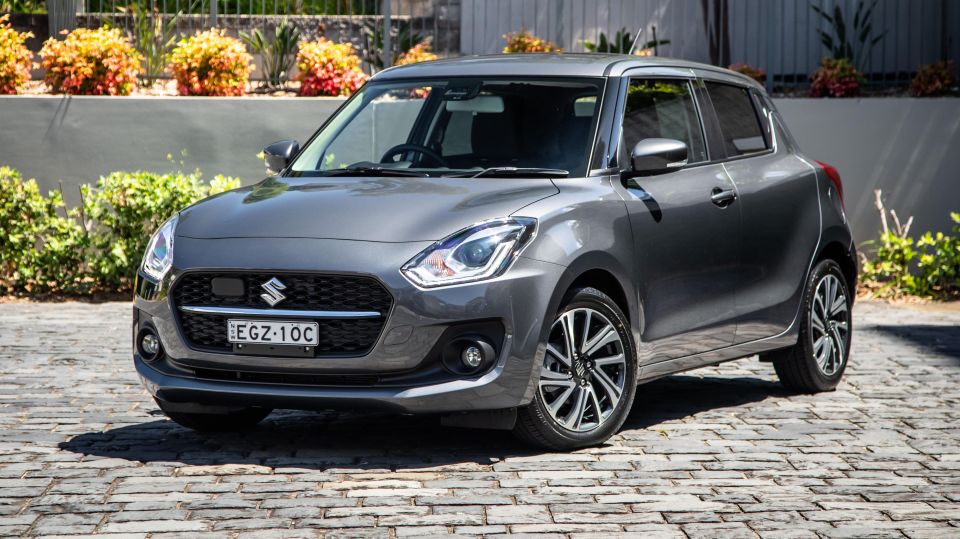
“We don’t know when supply issues on the (OEM) head units are going to end, when our supply is going to get better… so we’re no longer talking about 500 cars. I want to talk about tens of thousands, as a minimum of up to December next year.
“… Everything we do is about customer satisfaction. Giving someone the opportunity to be on the road is the biggest focus for Suzuki. In the conversations I had with Suzuki Japan in regards to overcoming our problems with supply, they were extremely open from the outset,” he added.
“There’s a testing process done at Auto Nexus [the distribution company where the units are fitted], so our Suzuki satisfaction standard remains.”
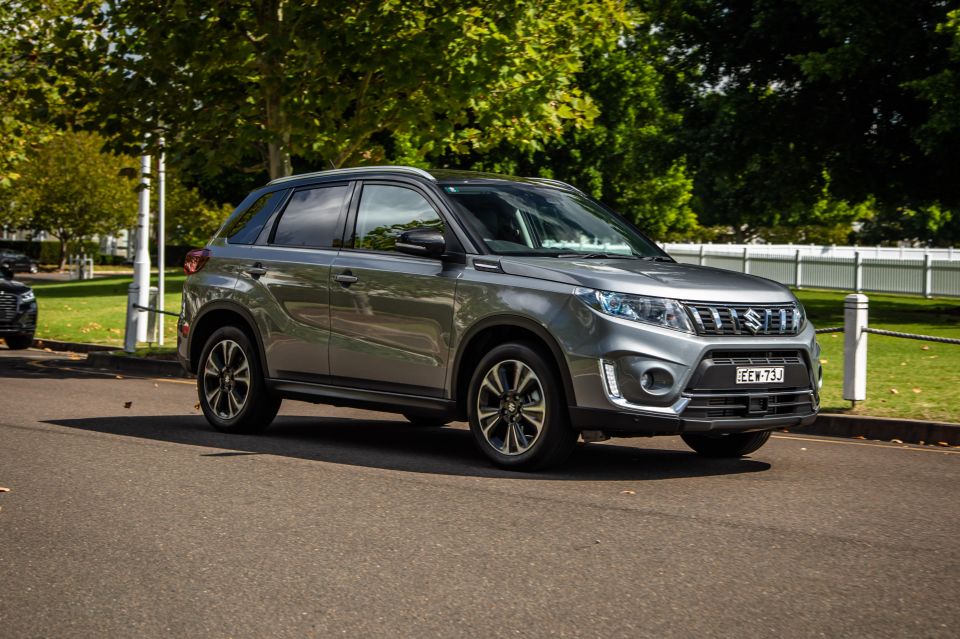
Pachota said it was tough to know specifically how many extra vehicles Suzuki Australia could source due to the project, because semiconductor issues are now also affecting things like 4WD controllers for which there’s no immediate local solution.
But he estimated 3500-4000 incremental units between now and March 2022 will make it here which otherwise would not have. That’s fully 2-3 months worth of sales at Suzuki Australia’s present run rate.
The Suzuki Australia arrangement is nationwide, with Suzuki’s distributors in Queensland and New Zealand also set to take the locally fitted screen solution.
MORE: Staggering impact of semiconductor shortage on car industry revealed MORE: What cars can you buy right now? Stock level check MORE: Bosch increasing chip manufacturing with new factory MORE: US Government pushes to improve semiconductor supply MORE: How Jaguar Land Rover is dealing with semiconductor shortage MORE: Rising Chinese brands free from stock shortages MORE: Volkswagen stock shortage web page goes live MORE: Toyota confirms huge September, October production cuts
Go deeper on the cars in our Showroom, compare your options, or see what a great deal looks like with help from our New Car Specialists.


Derek Fung
1 Hour Ago


Damion Smy
13 Hours Ago
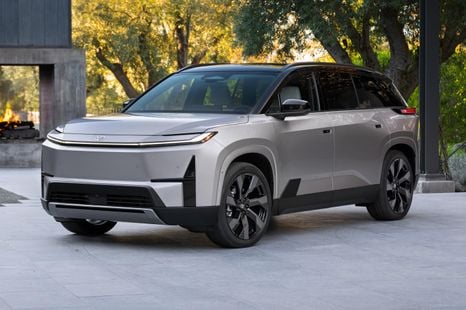

Damion Smy
13 Hours Ago
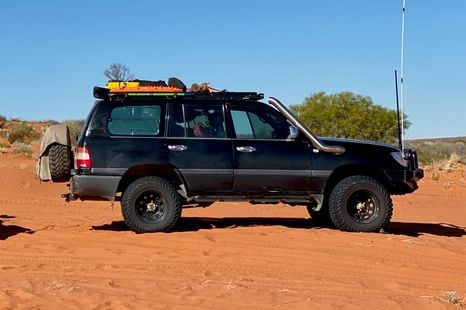

Ben Zachariah
15 Hours Ago
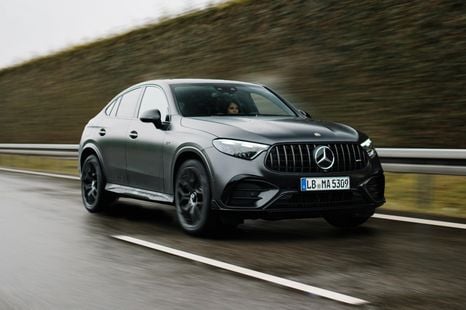

William Stopford
17 Hours Ago
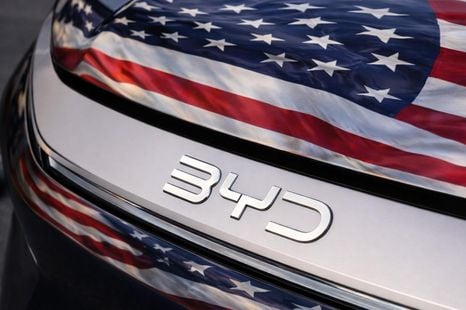

Damion Smy
19 Hours Ago
Add CarExpert as a Preferred Source on Google so your search results prioritise writing by actual experts, not AI.